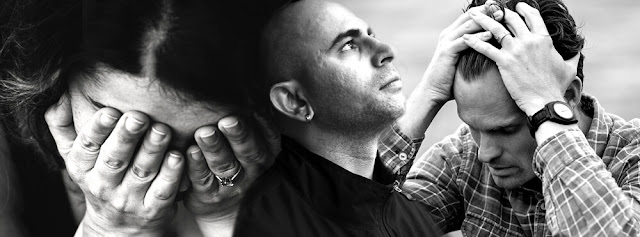Hair loss and today’s youth has a very close relation because this is the one of the most emerging problem that has risen since a couple of years. If you are suffering from hair loss and even if you have researched a tiny bit regarding how to resolve it then you have surely gone through the term Finasteride and Minoxidil. But what are they? Let’s get some details about Finasteride from the best hair transplant clinic in Kolkata.
What is Finasteride?
Finasteride
is a DHT blocker. Now comes the very obvious question, what is DHT? DHT (Dihydrotestosterone) is an
androgen which contributes to the male sex characteristics like deep voice,
increased body hair and mass, growth in penis, scrotum and testicles and fat
storage in your body during puberty. DHT is converted from testosterone by the
action of an enzyme called 5-alpha reductase (5-AR). When this DHT starts to
flow through your bloodstream, it can link its receptor to the hair follicles
which reduce the diameter making the hair strands thin, greying them ultimately
breaks them off.
Finasteride
is a type II 5-alpha reductase inhibitor. In simple words, it restrain the
enzyme which is responsible for the conversion of testosterone into DHT. By
reducing the level of DHT in the scalp, the drug stops the effect of DHT,
reversing the process of hair loss.
Finasteride
and Minoxidil are the only approved drug by the FDA (Food and Drug
Administration) to treat hair loss. Finasteride comes is a form of 1mg oral pill
that needs to be taken orally. It is recommended to at least take Finasteride
for period of 3 months to notice the change.
A study showed that Finasteride can prevent hair loss in men with
mild-to-moderate male pattern hair loss. In two of the clinical studies
involving men with mild-to-moderate male pattern hair loss, 86% of men treated with Finasteride
maintained or showed an increase in the amount of their hair based on hair
counts during the course of the studies. Only 14% of men treated with Finasteride had further hair loss after 12
months of treatment, compared with 58%
of placebo patients.
Contraindications:
Finasteride are not supposed to be taken by women and children.
However it sometimes it is off label prescribed to postmenopausal women with no
problems. Finasteride is contraindicated to women who are or may be potentially
pregnant. Also it is not recommended to people who are sub fertile. Such
patient should consult a physician and take the necessary tests before taking
Finasteride.
Does Finasteride
cause interaction with any other drug?
The answer is a straight NO. This is a good side of Finasteride that
it doesn’t coincide with the action of any other drug due to which most patient
suffering from androgenic alopecia uses Finasteride and
Minoxidil simultaneously and none of them cross each other’s path.
Side
effects of Finasteride
Since Finasteride is a drug that controls the level of androgen, it
has some side effects though which are observed in a very less number of cases:
· Low sex drive
· Trouble getting/keeping an erection
· Ejaculation disorder
· Skin rash
To sum up,
Finasteride is effective against hair fall, but people should understand that
Finasteride is a drug that minimizes your hair fall not improves its growth for
which Minoxidil is applied. Considering the actions and side effect of this
drug it is always recommended to consult a doctor before taking it.






No comments:
Post a Comment